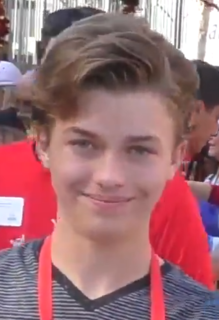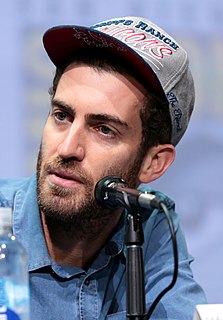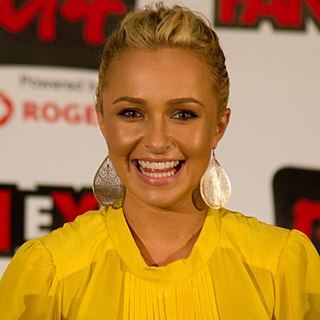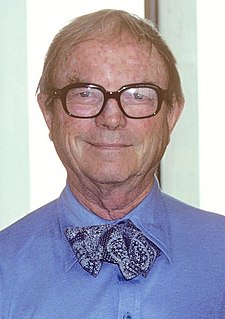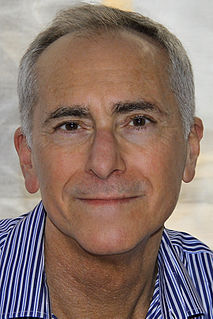A Quote by Jacob Hopkins
I read the book [ 'Middle School' ]! There was nothing specific really, I think everything in the film was great!
Related Quotes
If you read a book about school - someone else's book - you always translate it into your own school experiences. It's describing the student: he's bewildered and lost in a large crowd in a university classroom. You'll visualize that from your own experiences. So, everything you know is what you're really writing.
There's a great temptation to throw things in, as you put it, that you think are neat, or that you have a very clear, specific memory of and think you could do a good job writing about. What I find is that it's like a seed you plant. You can try it, and if it will grow and connect with other ideas in the book, and you can see connections that you can actually realize on the page, then you're allowed to leave it in. But if it just kind of lies there and doesn't really add up to anything or there's no chemistry with everything else going on in the book, then you have to take it out.
I read everything. I'll read a John Grisham novel, I'll sit and read a whole book of poems by Maya Angelou, or I'll just read some Mary Oliver - this is a book that was given to me for Christmas. No particular genre. And I read in French, and I read in German, and I read in English. I love to see how other people use language.
If it wasn't for her literally doing my homework for me, I would not have even graduated high school. Guaranteed . . . My mom always said, 'Luck is nothing but preparation and opportunity.' I think because I've had that history of not really being great in school, I probably try to overcompensate. That's why I try to read so many books. Just so I don't feel . . . uneducated.
I developed a mania for Fitzgerald - by the time I'd graduated from high school I'd read everything he'd written. I started with 'The Great Gatsby' and moved on to 'Tender Is the Night,' which just swept me away. Then I read 'This Side of Paradise,' his novel about Princeton - I literally slept with that book under my pillow for two years.
